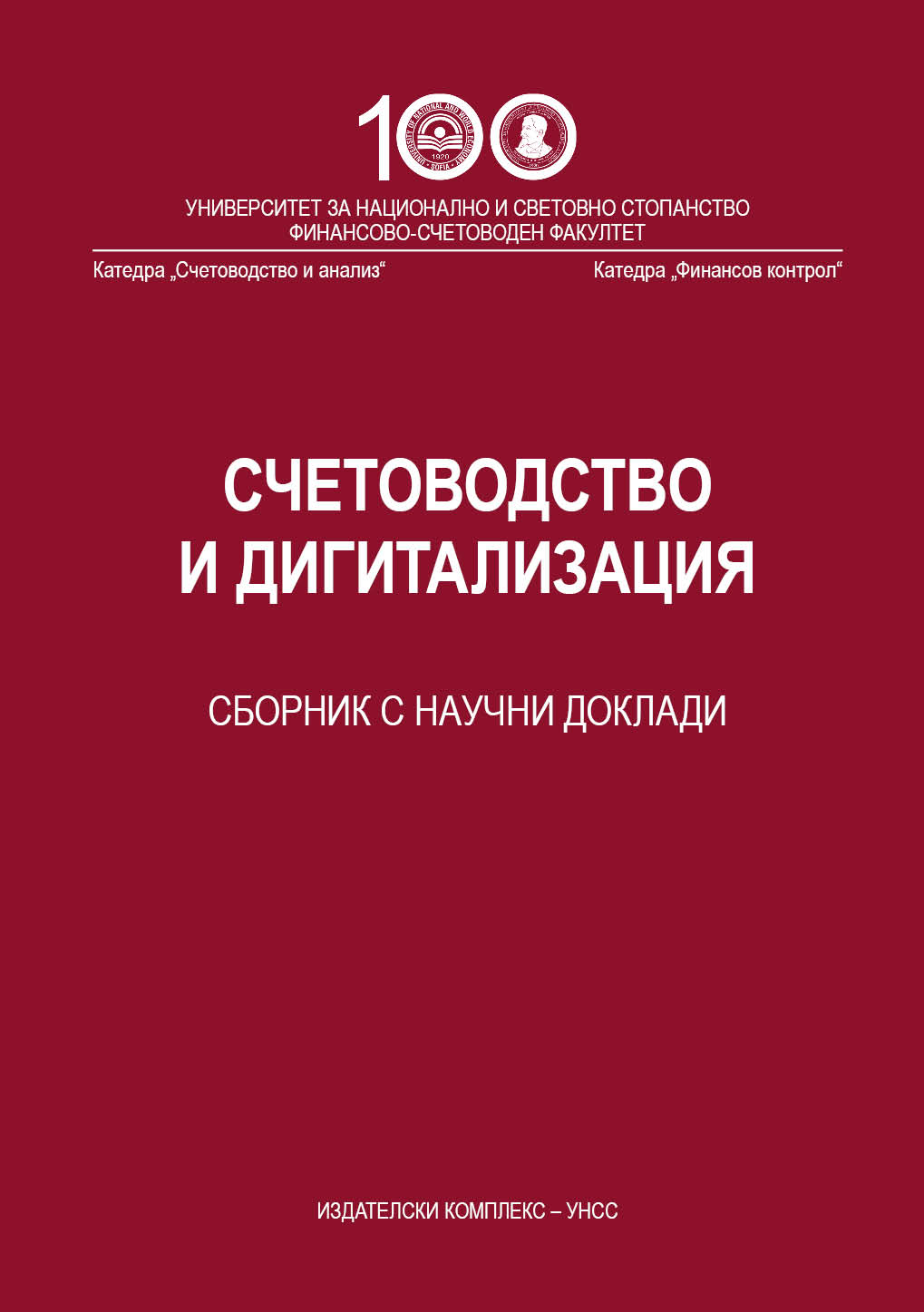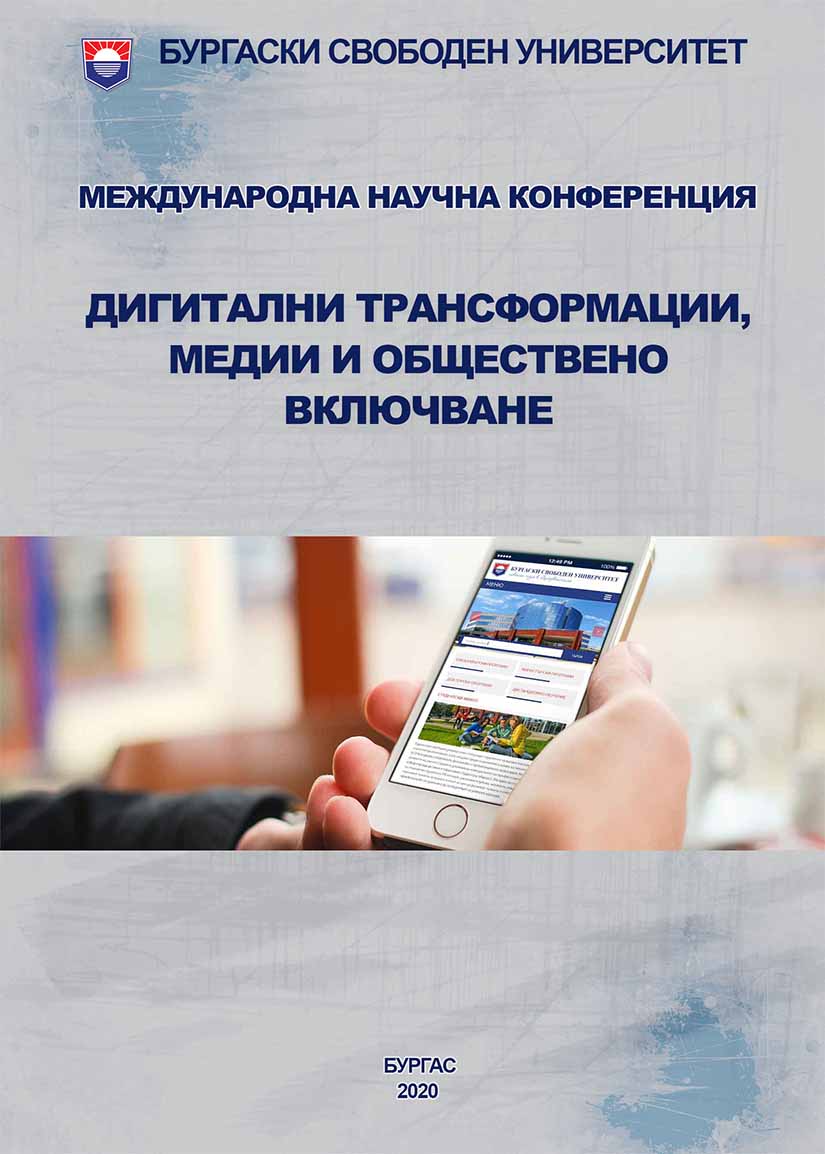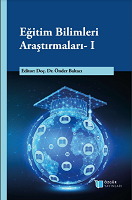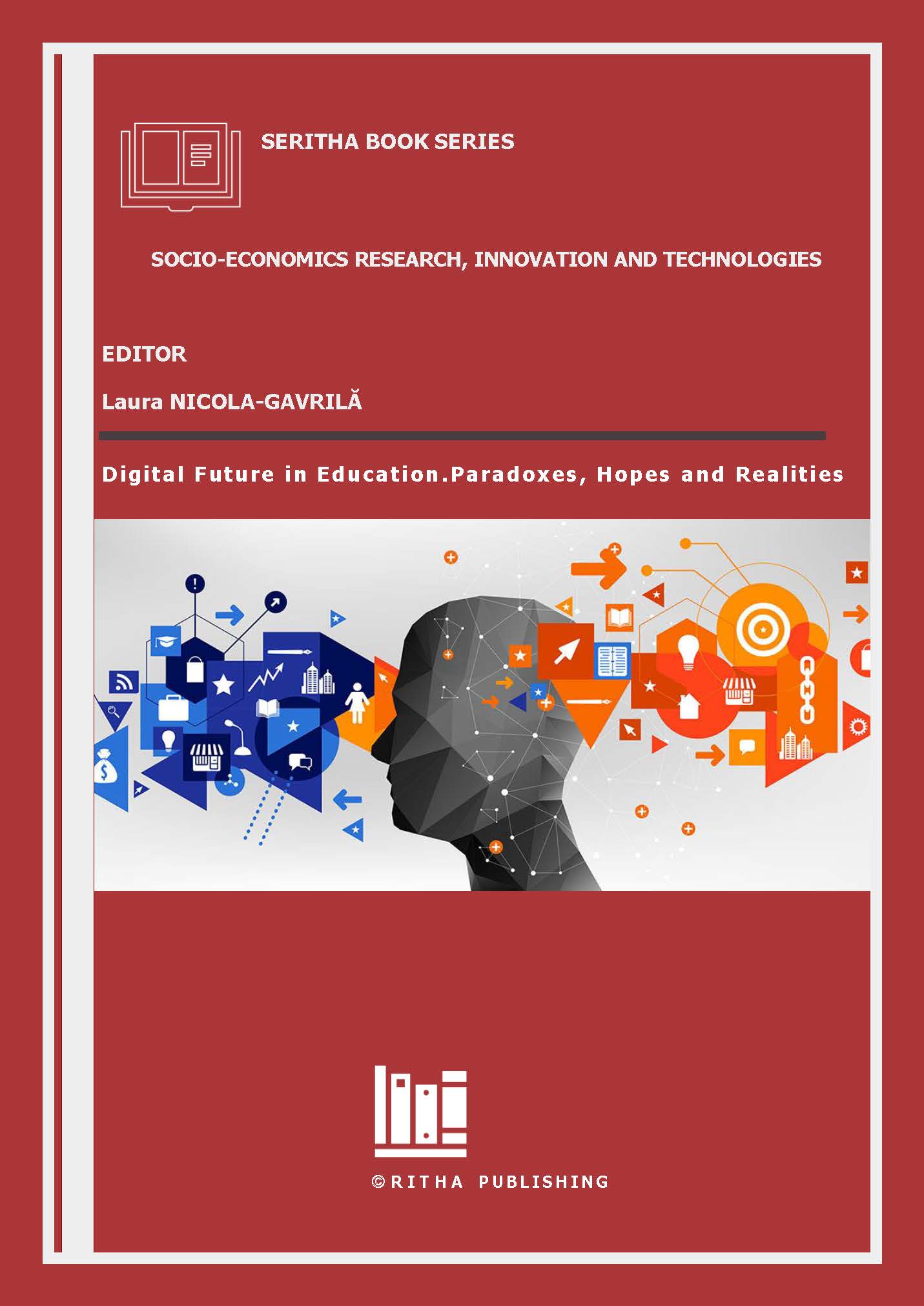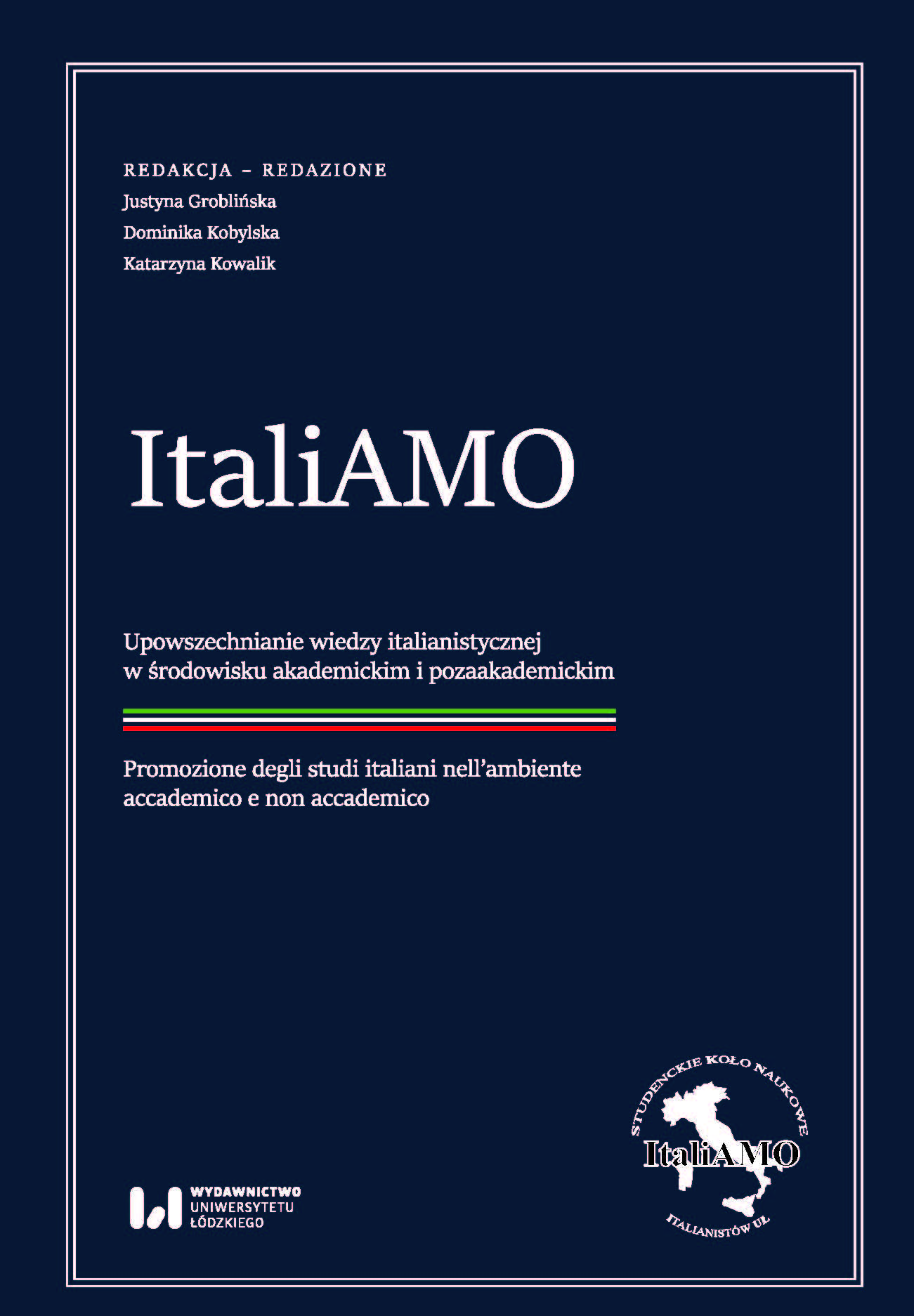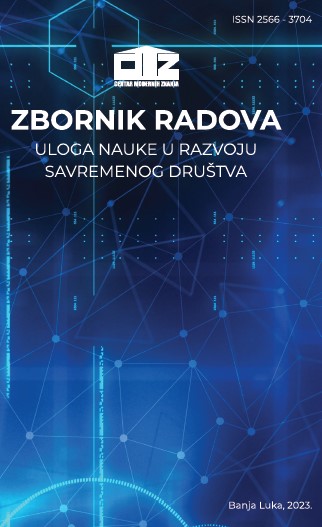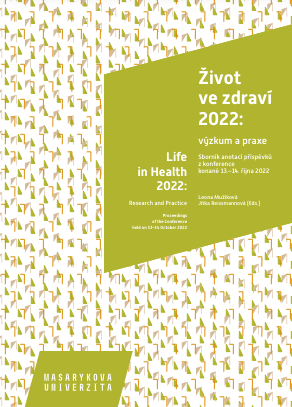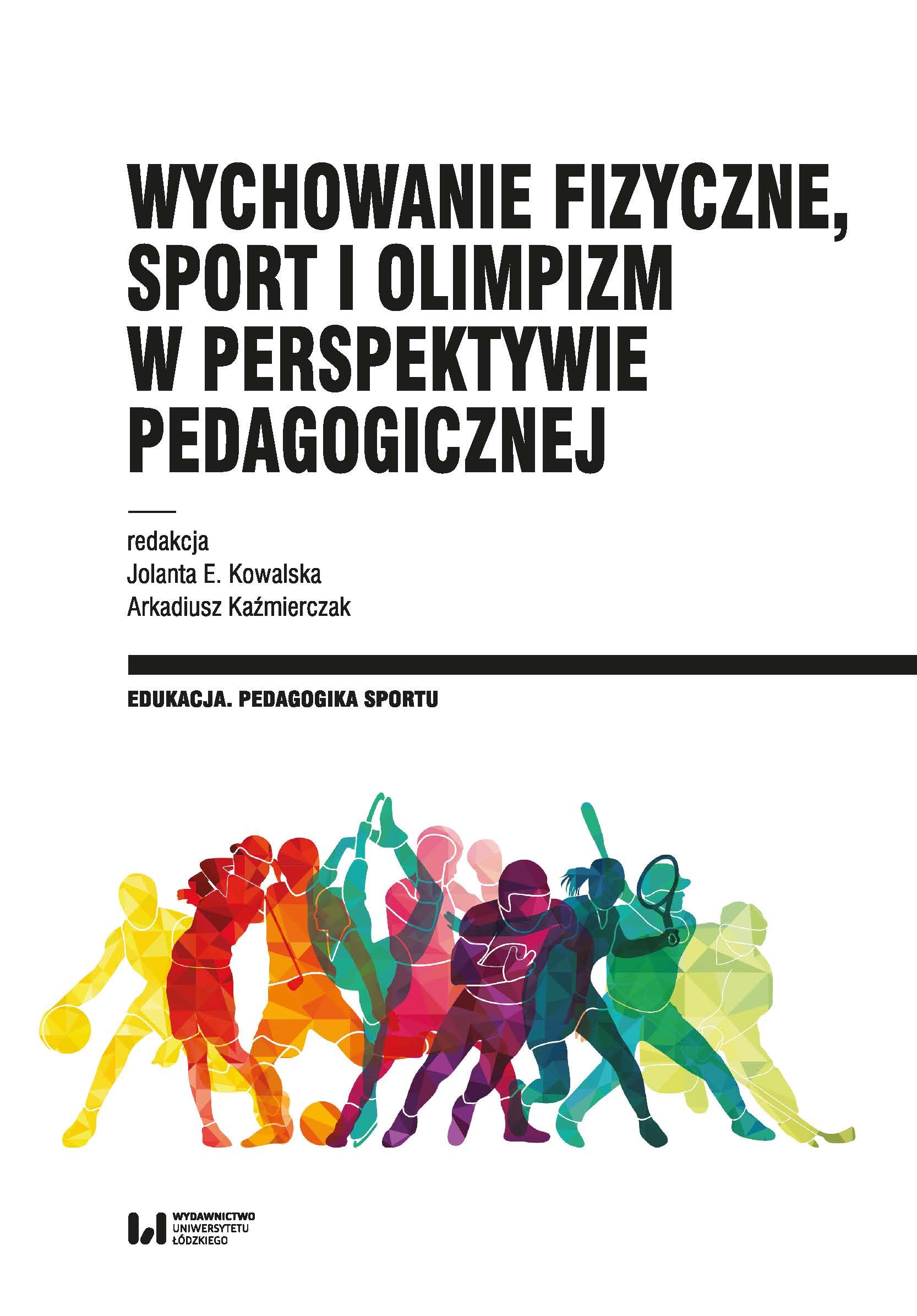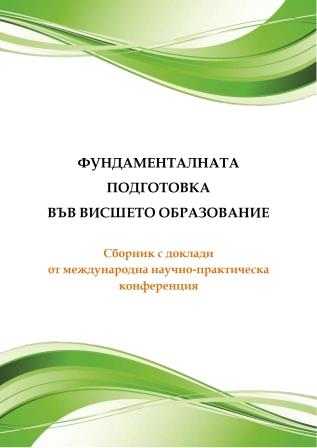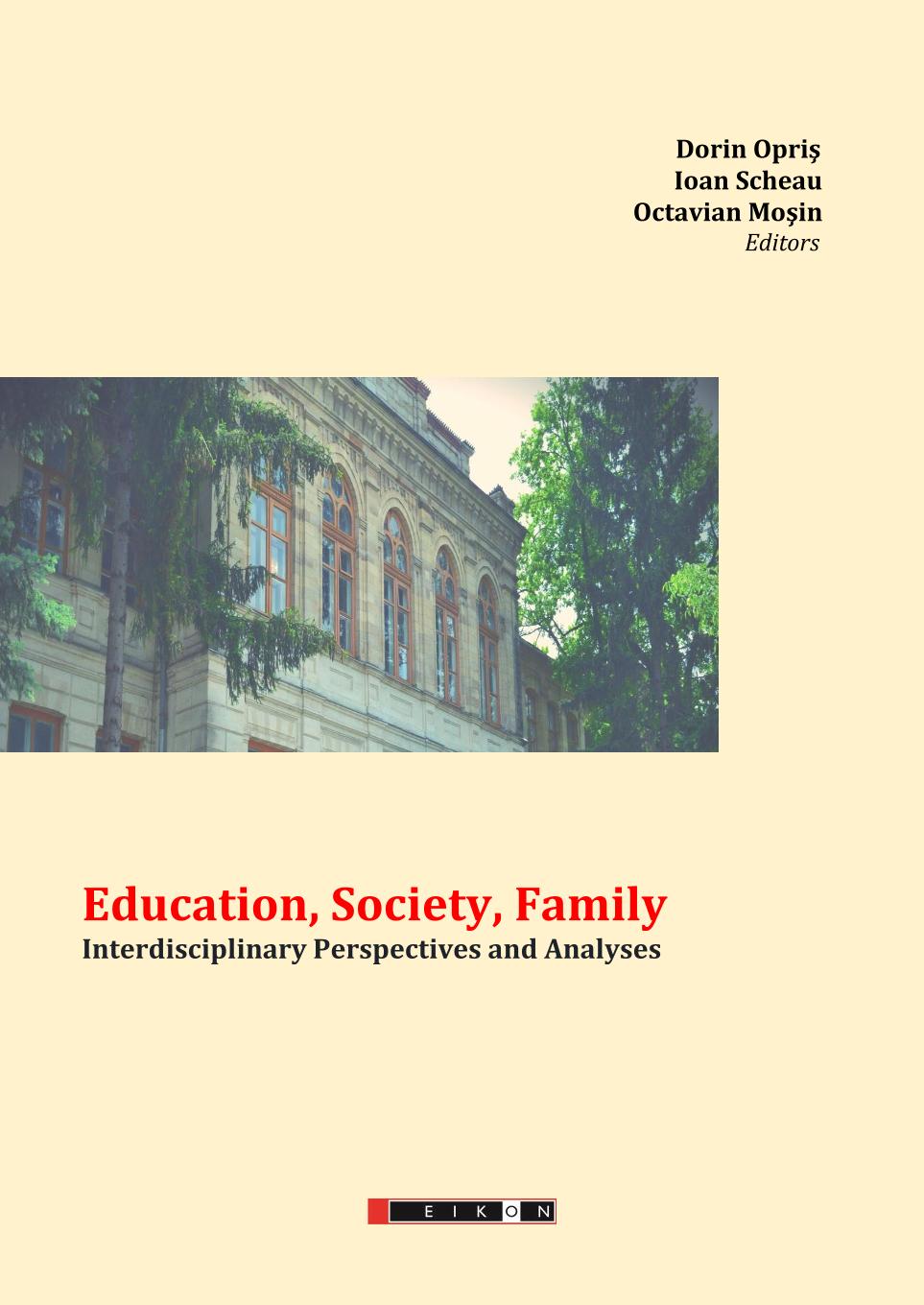
EXPLORING CHALLENGES AND OPPORTUNITIES IN ONLINE EDUCATION DURING COVID PANDEMIC
The global pandemic generated chances in many aspects of the daily life. Education was also strongly impacted, and the actors involved in the educational process had to formulate quick and effective solutions for ensuring its continuity. As a rule, the digital platforms became thus home for education, despite previous critical views that digital was overused by children and youngsters with negative implications for their behavior and mental health. This article tries to explore the way online education changed the school process, the teachers, the pupils or the students, and intends to highlight the opportunities, as well as the brought by the online education during pandemic.
More...
